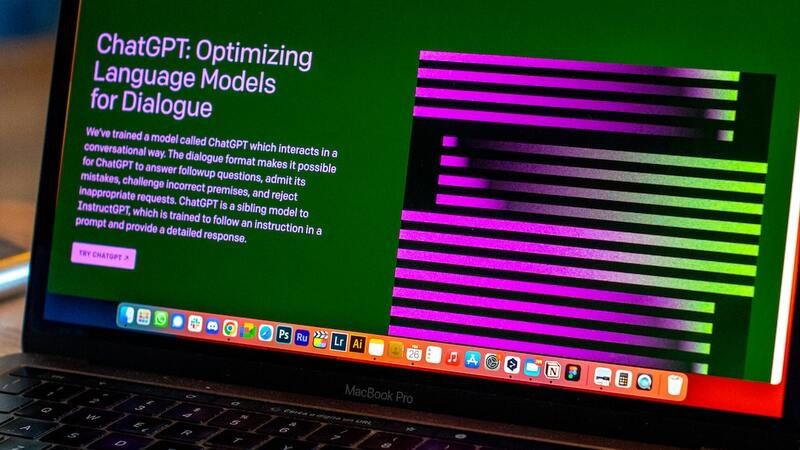Khan Academy has built a teaching assistant that uses a Socratic approach to engage with students. In its own words “Unlike traditional AI, which is often analytical, introverted, direct, and eager to please, Khanmigo is whimsical, eccentric, and brimming with a sense of wonder. Where a typical AI might be incapable of seeing the big picture, Khanmigo revels in it, always ready to embark on a grand narrative journey.” I am unclear as to how or why
Khanmigo revels in the bigger picture and also concerned as to why this AI appears to have an ego.
Leaving this aside, Khanmigo - despite its Socratic approach (which, admittedly, didn't end well for Socrates) and its overzealous eagerness to assist - only acts as a teaching assistant. It aids in grading papers, refreshing teachers' knowledge, and crafting lesson plans. Moreover, it provides personalized guidance to students, offering assessments for teachers to follow up on. When it comes to its intended functionality, Khanmigo appears to deliver and my experience was positive. It encouraged me to write, offering suggestions on how to restructure my content and incorporate additional relevant points. However, it didn't strictly adhere to the Socratic method; I could prompt it to rewrite text on a paragraph-by-paragraph basis when I posed the right prompt.
Will teachers become obsolete?
The use of AI raises an important question: could AI-powered tools like Khanmigo make human teachers obsolete? Khan Academy firmly believes that tools like Khanmigo can alleviate some of the non-teaching tasks that currently consume up to 50% of a teacher's time. This could potentially reduce teacher workload, improve teacher retention, and free up more time for one-on-one student interaction – which will improve student outcomes and learning.
Khan Academy: An AI Revolution In Education Or Threat To Human Skills?

Chat GPT by Emiliano Vittoriosi is licensed under Unsplash unsplash.com
Chat GPT by Emiliano Vittoriosi is licensed under Unsplash unsplash.com

